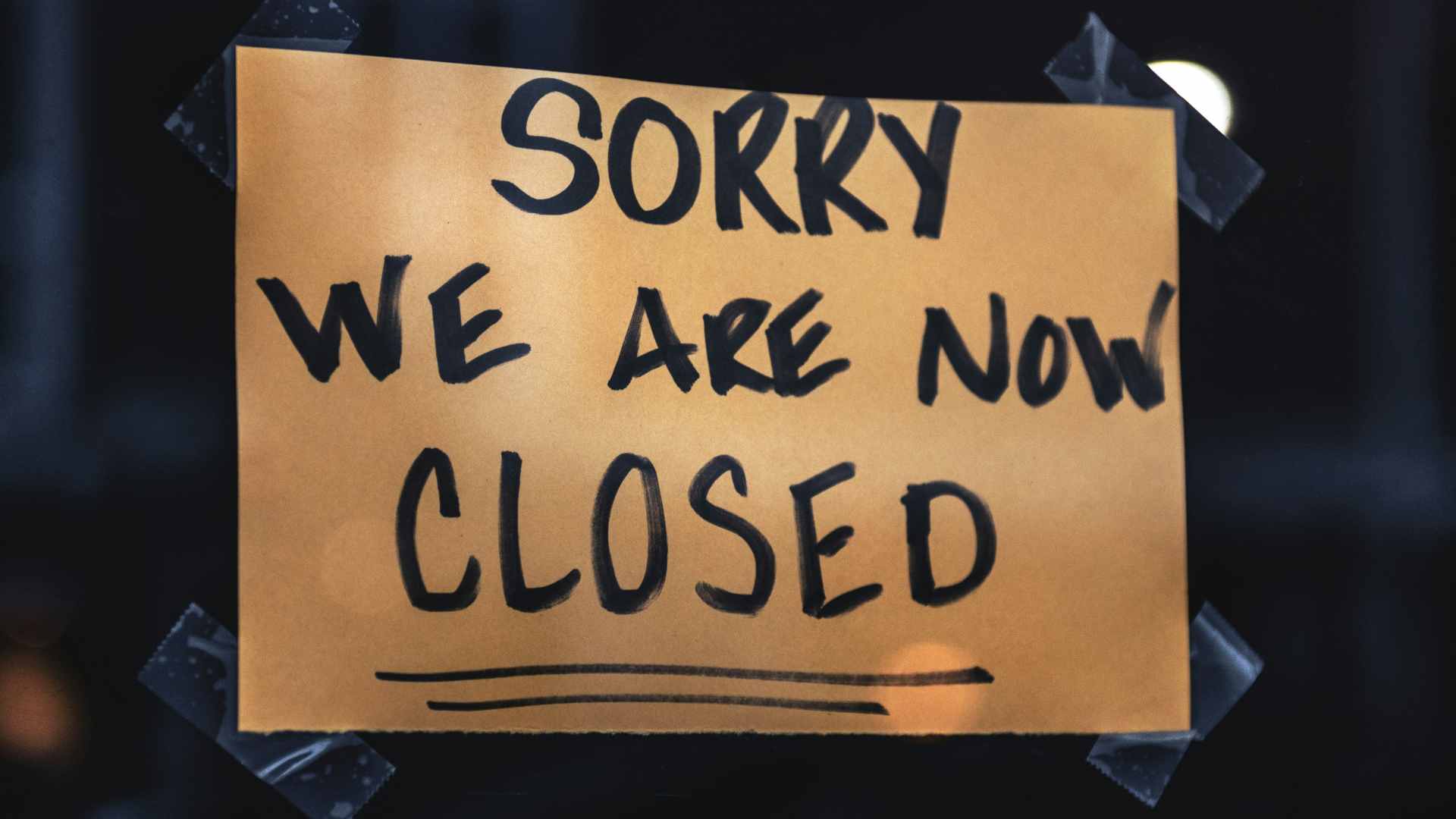In November, California voters will be given a choice whether to raise the statewide minimum wage to $18 through Proposition 32.
If the measure succeeds, the minimum wage floor will be gradually increased to $18 per hour by 2026, which many Californians are demanding as the cost of living becomes an increasing burden.
Current Minimum Wage

California has a statewide minimum wage of $16 per hour, which can be higher based on the area and industry in which a person works.
The current minimum wage in California is a result of a law signed by then-Governor Jerry Brown in 2017 that raised the minimum wage from $10.50 to $15 an hour. This wage was further increased this year due to an inflation adjustment to $16 per hour.
First Movement in Years

While the wage increased this year due to the previous law, this proposition if passed would be the first statewide change to California minimum wage law in almost a decade.
Some Californians report that $16 an hour, which is twice the federal minimum wage, is still not enough to keep up with the demands of the cost of living.
Prop 32 Support

Yes on California Living Wage Act, a political action committee, spearheaded funding support for the initiative. According to Ballotpedia, the campaign for Prop 32 has raised $10.8 million.
“The time is now, because the pandemic has heightened the people’s understanding of the realities so many Californians face. Cost of living is rising faster and faster… but wages haven’t increased commensurately,” said investor Joe Sanberg who filed the initiative.
Fiscal Impact

Prop 32’s fiscal impact statement was unsure of the final impact the changes would have on government tax revenues.
“Unclear change in annual state and local tax revenues, likely between a loss of a couple billion dollars and a gain of a few hundred million dollars. Increase in annual state and local government costs likely between half a billion dollars and a few billion dollars,” the fiscal impact statement said.
Cost of Living

The state of California has an extremely high cost of living compared to most places in the US. Even at $16 an hour, it is estimated that the average minimum wage worker in the state makes about $20,000 annually less than the costs needed for essential living expenses.
“I live with my brothers because I don’t think I can afford to rent my own apartment because the cost of living is very, very expensive,” said 16-year-old San Diego resident Renato Palisoc.
Beautiful Area

People used to move to California for its culture, weather, and scenic views. However, many people are now not finding the trade-offs of living in the state a good deal.
“San Diego is a beautiful place,” Palisoc said. “Everything is really good. View. The weather. Everything except for the cost of living.”
Concern for Businesses

While low-wage workers struggle to make ends meet, others are hesitant to keep raising the minimum wage because of how it might affect business labor costs.
“Let’s give small business owners a chance to crawl out of that hole. But taking minimum wage up to $18 an hour, it’s making it more difficult for other small businesses to compete,” said John Kabateck, California’s state representative in the National Federation of Independent Business who opposes Prop 32.
Businesses Shutting Down

Kabateck feels like an increase to $18 is going to do more harm than good as small businesses shut down from being unable to handle the labor cost burden.
“The very people who are feeling the biggest fallout of this are these young workers who are trying to find jobs, not just summer jobs, long term jobs, but that’s not going to happen when we’re seeing businesses shut down,” Kabateck said.
Moving Away

People in California are wondering how they will continue to afford to live in the state, with many deciding to move to another more affordable state.
According to US Census Data, 817,669 residents in California moved out in 2022, resulting in a net 341,866 resident loss.
Companies Too

As economic conditions in the Golden State have become harder, companies are also choosing to leave. Between 2018 and 2021, 352 companies moved their headquarters from California to another state.
This exodus continued into 2023, with many companies choosing to flee to states like Texas, which has been leading the country in job growth and influx of new residents.
Impacts of Fleeing Californians

As people and businesses who can afford to leave California do so, this creates a compounding effect on the state’s economy. Recently, the state went through a budget crisis which was blamed on falling tax revenues from recent years.
At one point the Legislative Analyst’s Office was predicting the budget shortfall would have been a historic $68 billion, a huge departure from a $98 billion surplus California had just a few years before.
